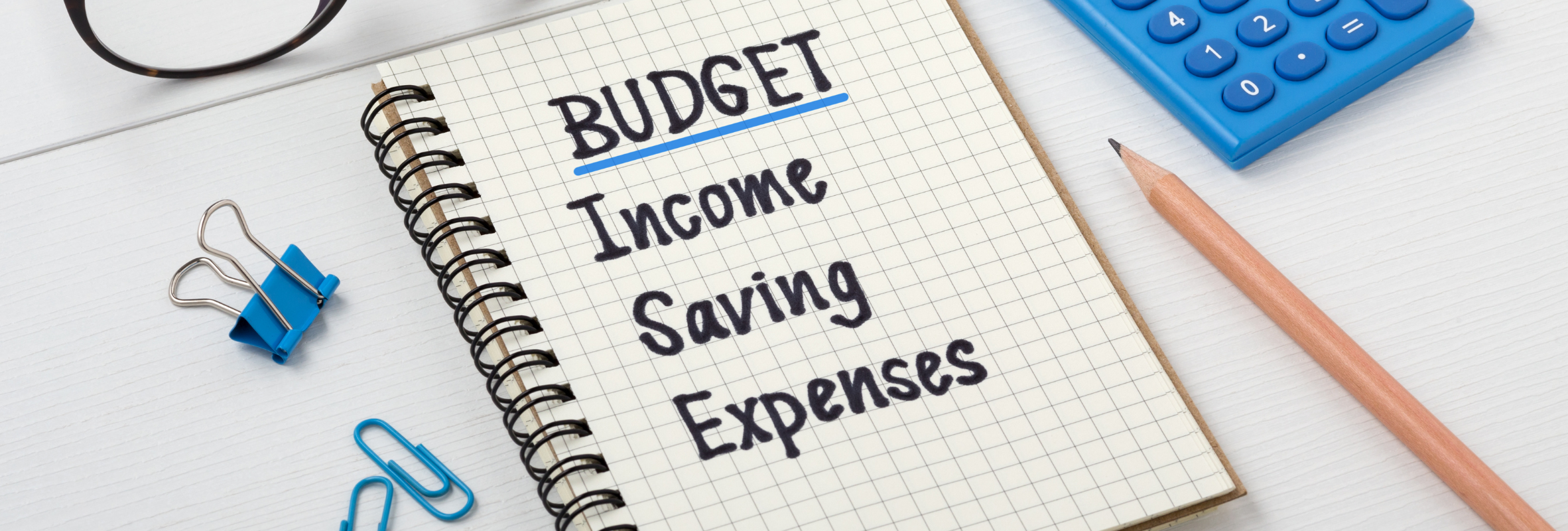HOW TO BUILD A BETTER BUDGET
Friday, January 7, 2022
The start of the year has us all googling ways to improve our money management, determined to start the year out right. Budgeting may seem overwhelming for the uninitiated or restrictive to those who’ve tried before and failed, but there’s no better time to start over and rethink budgeting for your lifestyle.
It’s time to view budgets as a critical method to help you maximize your spending and saving. So yes, even with a budget, you can still buy that daily specialty coffee.
To get the inside scoop on budgeting, we sat down with Joe Matos, Financial Relationship Manager at YNCU, who shares his top tips to building a better budget and setting yourself up for financial success this year.
1. Be realistic with your spending
If you are left with less money than you would like at the end of each month, then it may be time to sit down and reevaluate exactly how much money you spend.
Make sure you are looking at major recurring expenses, as well as small, impulsive purchases, such as coffee runs, going out for lunch or ordering takeout a couple times a week. While these may feel insignificant, they can really add up and may be the root cause of your overspending.
While planning your budget, you’ll also want to use after-tax dollars, to ensure you are taking into account the full value of your common expenses.
Finally, you’ll want to take into account fluctuations. If you have seasonal or monthly bills with balances that change, use an average to guide you as you plan out your ongoing expenses.
Taking into account all of these tips, you should be able to create a realistic outline of what your spending looks like each month and adjust accordingly as life changes.
2. Use your past spending as a starting point
When planning for the year ahead, we always recommend looking back. By reviewing old bank statements or scrolling through your chequing history, you can get a clearer picture of your spending habits and identify areas for improvement.
Looking through your past year of spending not only outlines the categories that account for most of your monthly spending, but it can also help you see what times of the year tend to be the most expensive for you.
If you know you have a few birthdays in one specific month, go out more often in the summer or tend to go overboard with spending around the holidays, then you can start budgeting for these expenses in advance.
3. Create sinking fund accounts
Now that you know what times of the year tend to break your budget, we recommend setting up a few short-term savings accounts (also known as sinking fund accounts) where you can slowly set money aside in preparation for major expenses.
Whether you have a vacation coming up, a wedding party you’ll be a part of or need to put money aside for a down payment, there’s no better time than right now to start planning financially.
To maximize your savings potential, create automatic transfers from your chequing to savings. Even a transfer of $5 a month can make a big difference the earlier you start.
4. Don’t ignore your retirement
When we’re young, we tend to view retirement as an incomprehensible milestone. With so much time left between now and the age at which we can retire, why bother saving?
In actuality, there is no better time to start! We always recommend paying yourself first by investing in your future self.
Find some room in your monthly budget for retirement savings and have a recurring payment go to your Registered Retirement Savings Plan (RRSP). With compound interest that accumulates on each and every dollar you add into your account, your savings will add up quickly over time.

